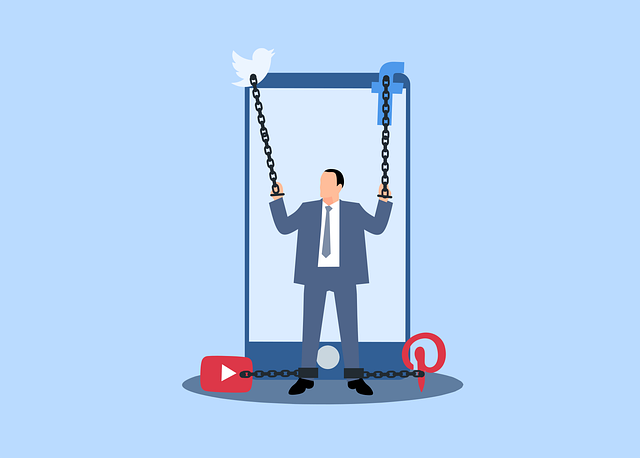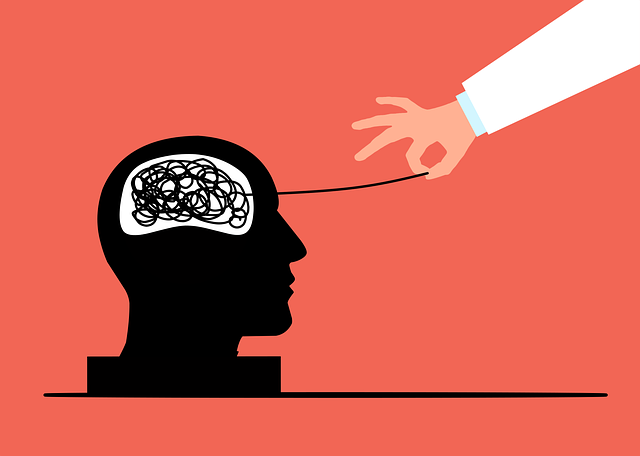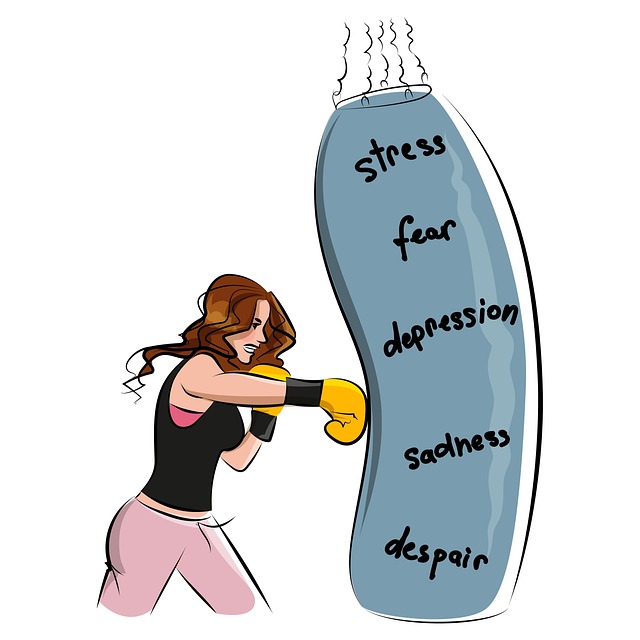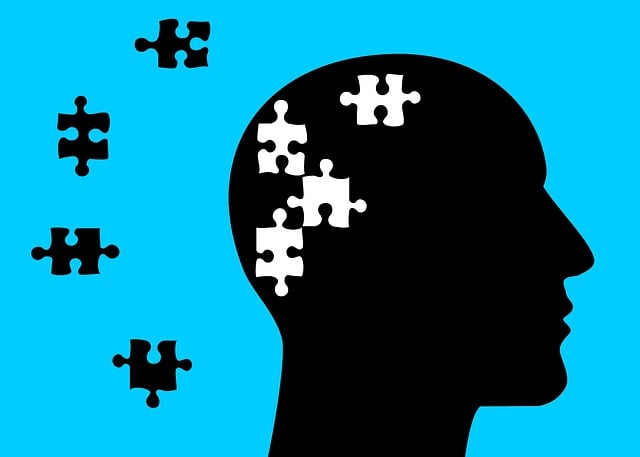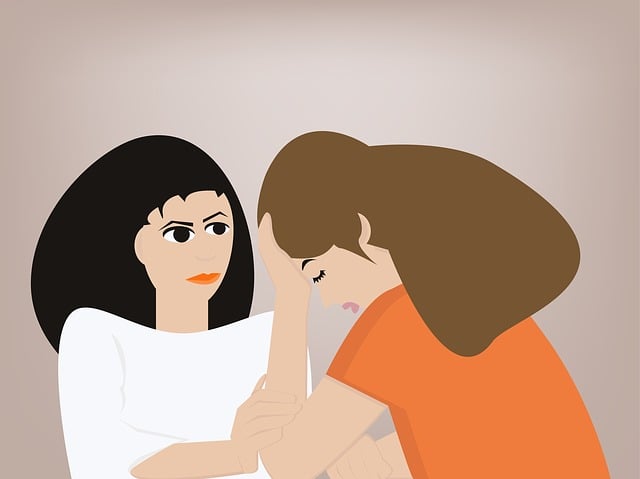Social skills training is a powerful tool for addressing mental health challenges in elders, adolescents, and teens, offering emotional support, mood regulation, and stress reduction. Targeted therapy sessions focus on positive thinking, overcoming isolation and cognitive decline, peer pressure, and self-esteem issues, leading to improved resilience, confidence, and overall well-being. Incorporating group therapy, role-playing, journaling, and compassion cultivation, this multi-faceted approach enhances communication skills and prevents burnout, benefiting clients' academic, work, and daily life aspects.
Social skills training is a powerful tool in supporting individuals with mental health conditions, especially targeting elders, adolescents, and teens. This article explores the significance of social interaction in mental well-being and delves into practical strategies for therapists. We examine common challenges faced by different age groups, offering insights into their unique social dynamics. Through successful case studies, we demonstrate the impact of tailored training and provide implementation tips for professionals delivering therapy for elders, adolescents, and teens.
- Understanding the Importance of Social Skills for Mental Health
- Identifying Challenges in Social Interaction for Elders, Adolescents, and Teens
- Strategies and Techniques for Effective Social Skills Training
- Success Stories and Implementation Tips for Mental Health Professionals
Understanding the Importance of Social Skills for Mental Health

Social skills play a pivotal role in maintaining good mental health, often overlooked yet indispensable. For individuals facing mental health challenges, particularly elders, adolescents, and teenagers, effective communication and social interaction can significantly enhance their overall well-being. In today’s world, where digital connections dominate, fostering in-person social skills becomes even more crucial for balancing the potential negative impacts of isolation.
The benefits extend far beyond simply making friends; strong social connections provide a support system for managing mood and reducing stress. This is particularly relevant for therapy sessions, where emotional intelligence can be cultivated to help individuals express themselves and regulate their emotions effectively. By learning essential social skills, adolescents and teenagers can improve their ability to cope with challenges, enhancing their resilience as they navigate the complexities of growing up. For elders, maintaining these skills can prevent feelings of loneliness and promote a sense of belonging, contributing to better mood management and overall happiness.
Identifying Challenges in Social Interaction for Elders, Adolescents, and Teens

Social skills training plays a pivotal role in addressing challenges unique to older adults, adolescents, and teens with mental health conditions. Each demographic faces distinct hurdles in social interaction, stemming from factors like cognitive changes, peer pressure, and life transitions.
For elders, social isolation and declining cognitive abilities can hinder effective communication. Adolescents and teens grapple with peer relationships, self-esteem issues, and the pressures of academic and social expectations. These challenges often manifest as anxiety, depression, or aggression, complicating their ability to form and maintain healthy connections. Targeted therapy for elders, adolescents, and teens focusing on positive thinking, stress reduction methods, and emotional healing processes can help overcome these obstacles, fostering more inclusive and supportive social environments.
Strategies and Techniques for Effective Social Skills Training

Social Skills Training for Mental Health Conditions: Strategies and Techniques
Effective social skills training involves a multi-faceted approach tailored to individual needs. For older adults, adolescents, and teens dealing with mental health conditions, structured programs combining group therapy sessions, role-playing exercises, and mental wellness journaling can significantly enhance communication and interpersonal abilities. Group settings foster a sense of community, allowing participants to learn from each other’s experiences while receiving professional guidance. Role-playing provides a safe space to practice social interactions, helping individuals build confidence in real-life scenarios.
Mental wellness journaling exercises are valuable tools for self-reflection and burnout prevention. Encourage individuals to document their thoughts, emotions, and social interactions in a journal. This practice promotes awareness of personal strengths and challenges, enables goal setting, and offers a means to track progress over time. By integrating these strategies, social skills training becomes engaging, empowering, and effective, fostering improved mental wellness for all age groups.
Success Stories and Implementation Tips for Mental Health Professionals

Success stories from mental health professionals using social skills training have been nothing short of inspiring. Many patients, especially adolescents and teens, have seen significant improvements in their lives, leading to better self-esteem, improved relationships, and a more positive outlook. These transformations often extend beyond the therapy room, impacting various aspects of their daily lives, including academics, work, and social activities.
Implementing social skills training requires a structured approach tailored to individual needs. Mental health professionals can incorporate techniques like role-playing exercises, group discussions, and compassion cultivation practices to foster a safe space for learning and growth. Encouraging regular self-care routine development for better mental health is also vital, as it equips individuals with the tools to manage their conditions effectively. By combining evidence-based methods with a compassionate approach, professionals can empower their clients to navigate social interactions with confidence and resilience.
Social skills training is a powerful tool in addressing mental health conditions, especially for elders, adolescents, and teens. By understanding and overcoming challenges in social interaction, individuals can significantly improve their overall well-being. The strategies outlined in this article offer a structured approach to effective therapy for Elders, Adolescents, and Teens, fostering better connections and enhanced quality of life. Mental health professionals can implement these techniques with confidence, knowing they are backed by successful case studies.
